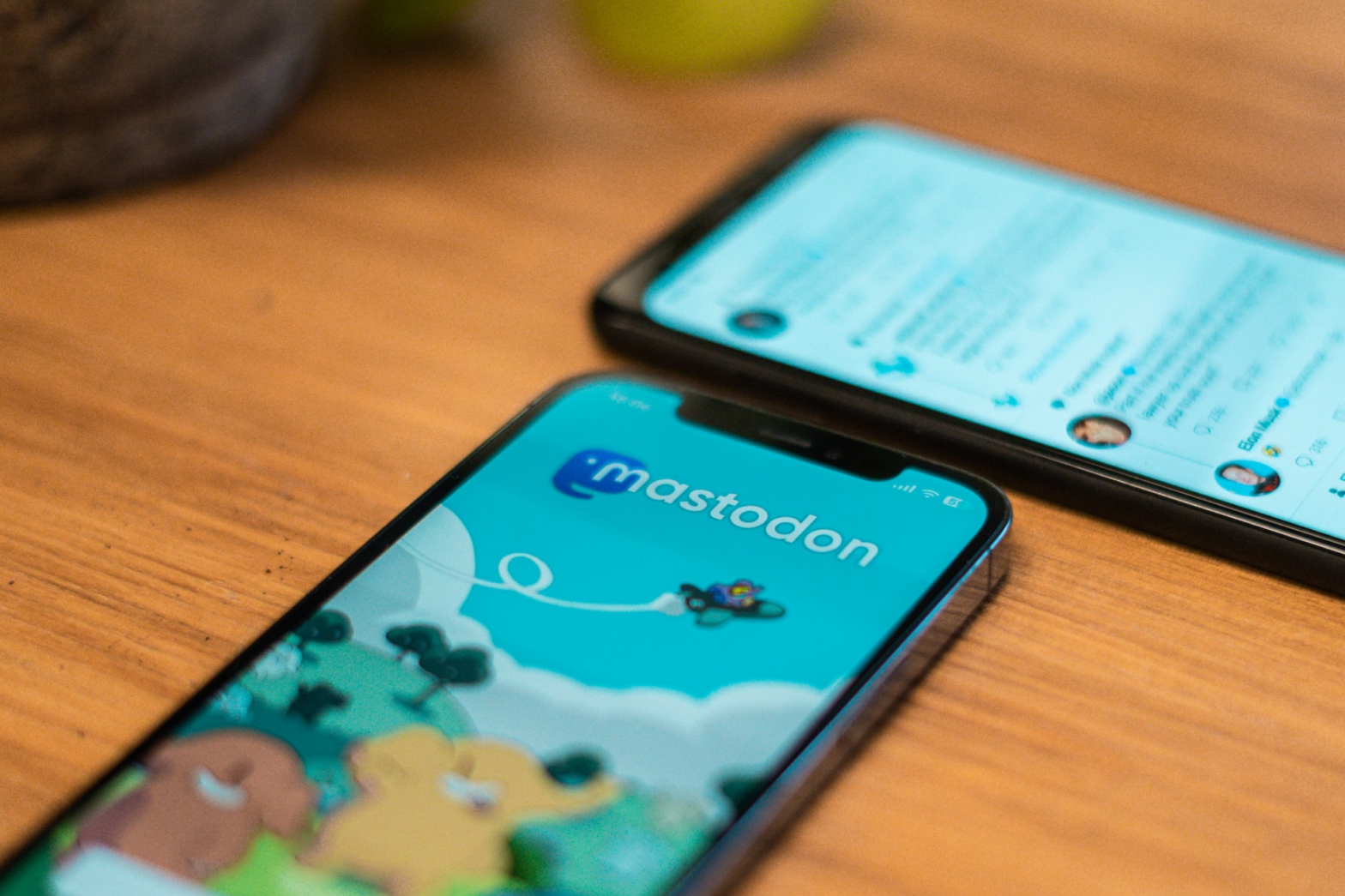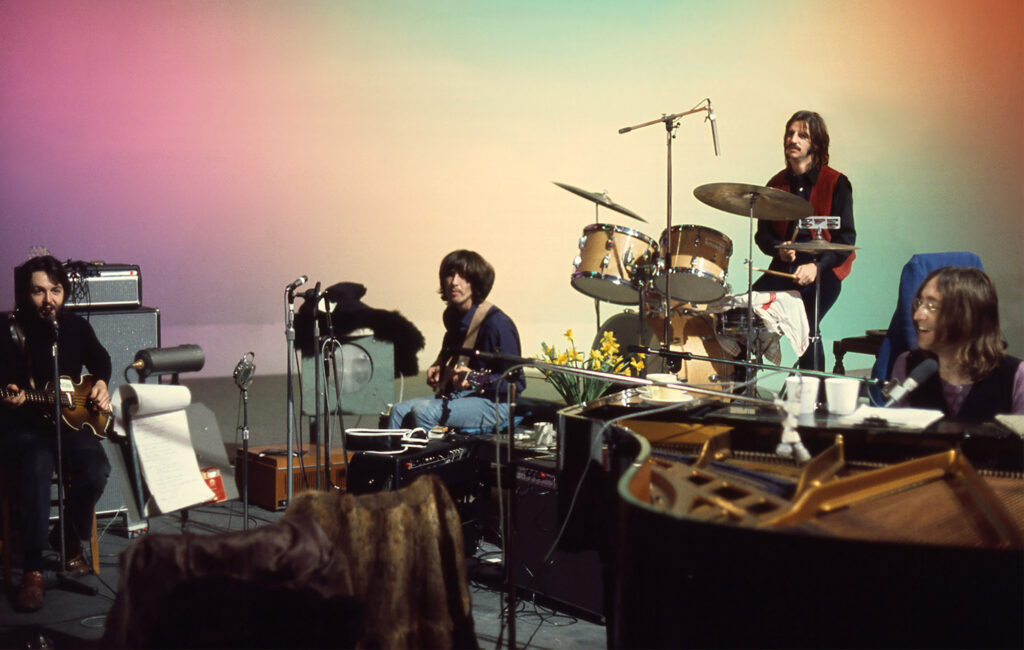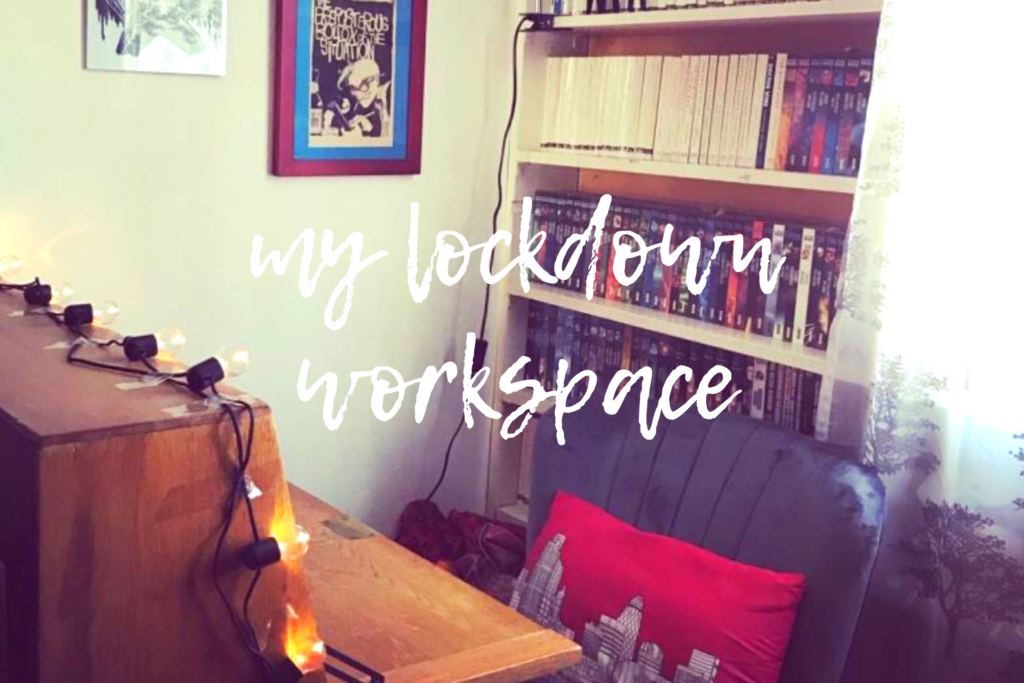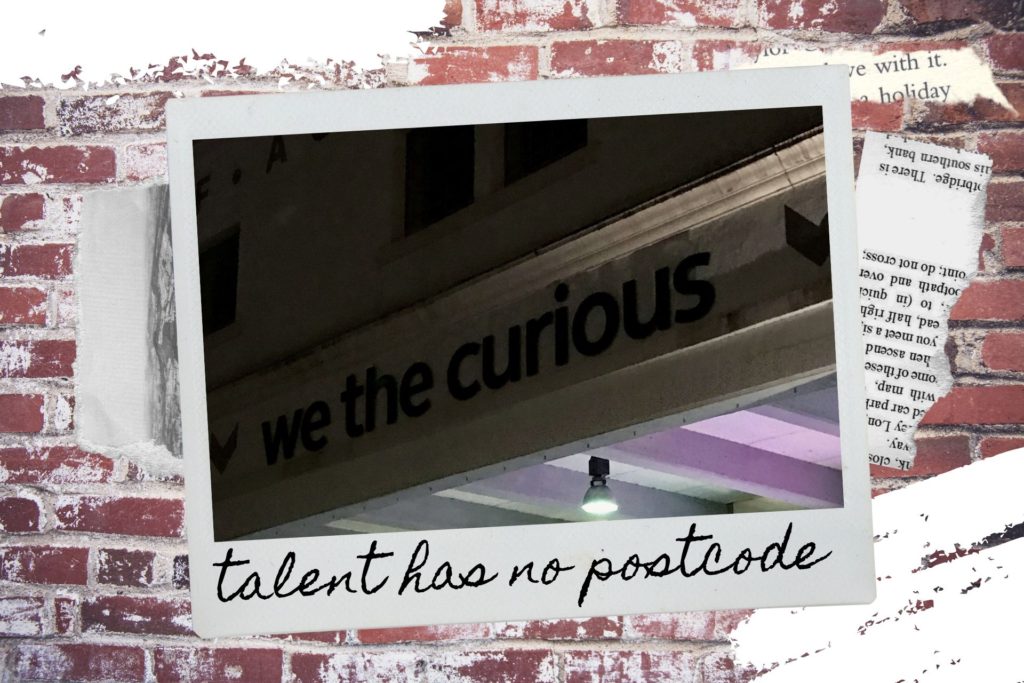There are two types of storytelling at work in Mr Bates Vs the Post Office: narrative drama, and corporate messaging.
Category: indie comms adviser
Setting up organisations on Mastodon
How to start using Mastodon for public sector or non-profit organisations, and how to help your followers find you again.
7 management lessons from ‘Get Back’
The new Peter Jackson documentary, ‘Get Back’, takes a fresh look at the Beatles as they work on a project. As someone who works on communicating change and organisational cultures, I noticed seven key management lessons to learn from the Fab Four. How could I resist writing them up?
Lockdown working is not flexible working
Organisations are looking at how to build new ways of working out of their emergency response to COVID-19, and we need to think about this with care.
Building an ethical framework around disinformation
Communicators are – or should be – held to ethical standards around misinformation and disinformation. Here’s how to provide some tools for building an ethical framework that can inform your approach.
5 sources of free valuable audience insight
Understanding your audience is critical. Here are five sources of free, valuable audience insight for communicators and writers.
How does information flow in your organisation?
I’ve been reading the Remotely Interested report from Jenni Field (Redefining Communications) and Benjamin Ellis (SocialOptic). I was particularly interested in the findings about line management and information flow.
Talent has no postcode
I wore my indie comms adviser hat last week, attending the Chartered Institute of Public Relations (CIPR) South West annual general meeting. It’s reminded me why I’m a member.
Opening up the shop
I’m an independent communications adviser and freelance writer, and I’m looking to take on new work from June 2019. That seems like a quick and simple statement, but it’s been a while in the making. …
Who buried Paul, and audience’s need to create meaning
A 1999 talk on the ‘Paul is dead’ fan theory can teach us a lot about how audiences create stories from a few facts.










